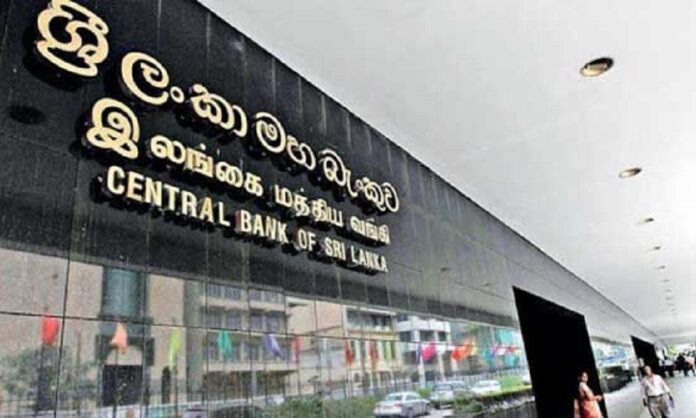Sri Lanka’s Central Bank needs greater independence is vital to overcome the present economic challenges but it should be given to competent, efficient, non arrogance and knowledgeable top management with positive minds, several economic experts said.
The island nation has been running fiscal deficits for decades and has recorded a primary budget surplus only four times since its independence in 1948. official monetary and financial institutions forum revealed.
This severe lack of fiscal discipline has been made possible by debt financing and monetary financing of government expenditure. This has had many consequences for the economy, not least that Sri Lanka has had consistently higher inflation than other countries in the region.
The Central Bank of Sri Lanka has independence to an extent. The finance minister cannot issue directions to the central bank and even the president cannot remove the governor at will.
However, the Treasury secretary is a voting member of the central bank’s monetary board, allowing the finance ministry to influence monetary policy-making.
Former US President Richard Nixon influenced the Federal Reserve chair to reverse an interest rate hike to help him win re-election in 1972.
This led to a decade of inflation in the US and a great deal of economic damage. Sri Lanka had a similar moment in 1959 when the country faced a balance of payments crisis.
Prime Minister Wijeyananda Dahanayake took responsibility for reducing interest rates in direct opposition to the advice of the central bank’s monetary board. The following decade saw a widening of current account deficits, leading to a foreign exchange crisis in the 1960s.
Sri Lanka brought in draft acts in 2004 and 2018 to make the central bank more independent by making the Treasury secretary a non-voting member of the monetary board. In both instances, it did not proceed due to a change in government.
In the face of its worst economic crisis after defaulting on its external debt last year, Sri Lanka needs financial discipline to move forward. The International Monetary Fund has termed Sri Lanka’s debt unsustainable.
Sri Lanka has a chronic problem of running large fiscal deficits and is seeking IMF assistance for the 17th time since achieving independence.
One of the conditions for obtaining the IMF’s Extended Fund Facility is achieving a primary budget surplus of 2.3% by 2025. Another key condition is greater central bank independence. An independent central bank can refuse monetary financing, forcing the government to have better fiscal discipline.
Decades of monetary financing and other factors have led to Sri Lanka having higher inflation when compared to the rest of the region.
With inflation under control, consumers will have greater spending power, which can allow for lower interest rates and create steady growth for Sri Lanka.
Without unconditional support from the central bank, the government can work on revenue-based fiscal consolidation as Sri Lanka has one of the lowest government revenue-to-gross domestic product ratios in the world. The IMF has advised the government to focus on this area.
An independent central bank can set its own monetary policy free from political considerations. Stable monetary policy will result in greater confidence in the currency and in the economy, which is essential if Sri Lanka is to grow itself out of this crisis.
